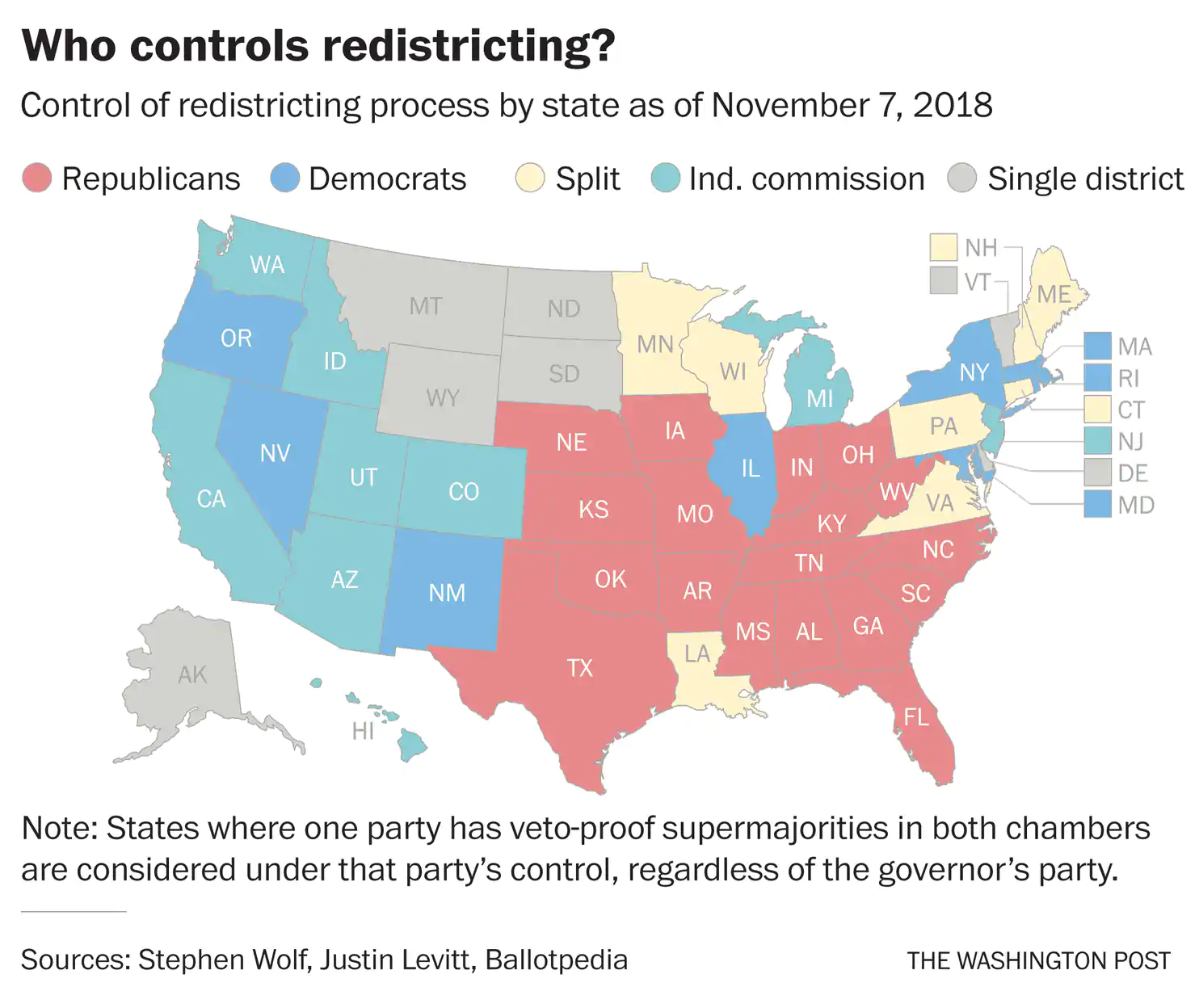
– Manuel DeLanda
The various relations between the military and technology are best discussed at a level intermediate between the micro-level of the individual and the macro-level of society as a whole. The mesolevel, as this intermediate dimension may be called, contains a variety of entities, from rural communities to institutional organizations, and from neighborhoods to cities, in which technologies range from the personal wrist-watch to the urban transit system. But of all these intermediate entities, organizations are of particular importance. This is true not only because when one speaks of “the military” one is actually referring to a complex population of organizations, specialized to fight on land, air, or sea, but more importantly because the influence that these organizations may have on civilian technology is often effected through changes in civilian organizations leading to particular uses of technology. In this essay I will concentrate on these organizational influences, and not as much on the technologies themselves. We must therefore start with the theory of organizations. In the early twentieth century Max Weber laid down what would eventually become the foundation of this theory. He did this by exploring the different types of authority relations that coordinate social action in relatively large corporate groups, that is, groups that display an internal differentiation of roles with respect to authority. As is well known, he distinguished three basic types of authority, charismatic, traditional, and rational-legal, in terms of what made the exercise of control within an organization legitimate. That is, Weber stressed the fact that when control and coordination of activity involves the issuing of commands, those commands express a claim to legitimacy by those who issue them, and presuppose the acceptance of such claims by those who follow them. Charismatic legitimacy characterizes authority in small organizations (sects, guerrillas) based on the recognition that the person issuing commands has a right to do so because of certain personal characteristics: heroic actions, oratory prowess, triumphs in tests of strength. Traditional legitimacy derives from the history (real or mythological) of the organization itself, a history embodied in concrete rules governing the conduct of its members, the status of its leaders, and the rituals and ceremonies that provide a sense of continuity with the past. Finally, the rational-legal form of legitimacy is the form characterizing modern bureaucracies. The term “rational” is used in the sense in which economists use it: the ability to match means to ends. An organization gets this type of legitimacy if it can get things done. Thus, a government organization in charge of emergency relief will gain legitimacy if after a great disaster it can rapidly assist those who have been affected, and it will lose it if its response to the crisis is slow or incompetent. The term “legal” refers to the fact that the rules needed for coordination and control have been formalized and made less concrete than in the traditional type: their definitions are general and logically coherent, their jurisdiction explicitly specified, the cases they cover thought out in advance. In addition, authority becomes less personal than in the traditional and, specially, the charismatic types, with legitimacy attached to the role or office itself, quite independently of the personality or history of the incumbent. In short, this form of legitimacy emerges from the impersonal order itself .
Read the full article here.




Be the first to comment